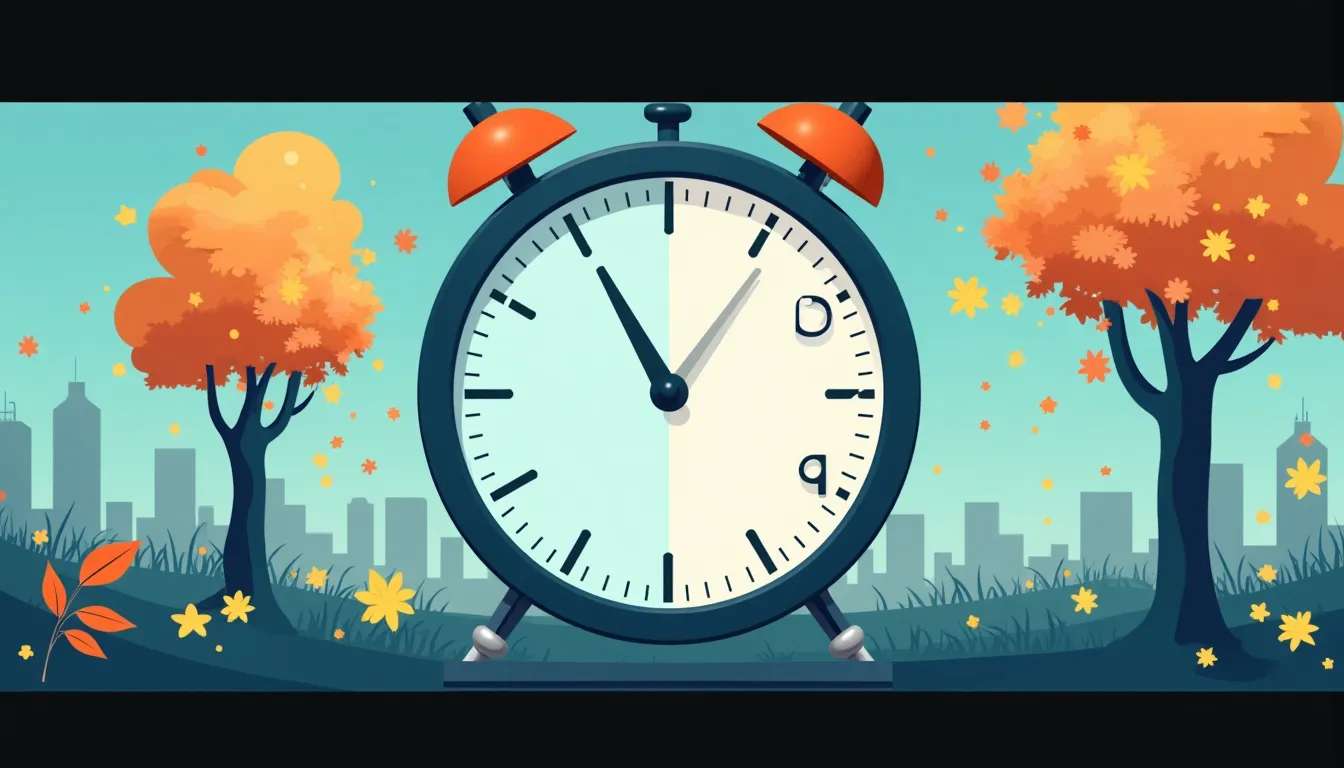As the days get shorter, the debate about daylight saving time (DST) heats up. On November 2, most of the US will “fall back” by one hour, marking the end of DST. This move reflects broader industry trends, where technology and society intersect, affecting our daily routines and overall well-being. The time change can disrupt sleep patterns, leading to negative health consequences, such as increased risk of cardiovascular events, drowsy driving, and mental health concerns.
The Uniform Time Act of 1966 standardized DST across the US, but its application has been inconsistent. Some states, like Arizona (except for the Navajo Nation) and Hawaii, opt out of DST altogether, while others, like Puerto Rico and Guam, also skip the time change. The National Sleep Foundation, the American Academy of Sleep Medicine, and the Society for Research on Biologial Rhythms advocate for permanent standard time, citing its benefits for human biology.
According to Joseph Dzierzewski, senior vice president of research and scientific affairs at the National Sleep Foundation, “There’s a mismatch between the outside world and our internal clocks during daylight saving time that can result in some negative health consequences.” He recommends establishing good sleep habits, such as exposure to bright light in the morning, physical activity during the day, and a relaxing wind-down routine at night.
As the US Senate unanimously passed the Sunshine Protection Act in 2022, which aimed to make DST permanent, the debate continues. Sen. Edward Markey of Massachusetts stated, “It isn’t just a nuisance – changing our clocks also has a very real impact on our economy, our health, and our happiness.” However, the bill’s progress stalled, and the country remains divided on the issue.
To cope with the time change, experts suggest adjusting your bedtime and wake-up time gradually, getting a good dose of bright morning light, and practicing relaxing wind-down routines. By prioritizing sleep health, you can build resilience to the time change and improve your overall well-being.
As the clock strikes 2 a.m. on November 2, remember that the time change is not just about setting your clocks back; it’s about the broader implications on our health, economy, and society. Whether you’re for or against DST, one thing is clear: the bi-annual time change is a reminder to reevaluate our sleep routines and prioritize our well-being.
Source: Official Link
